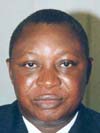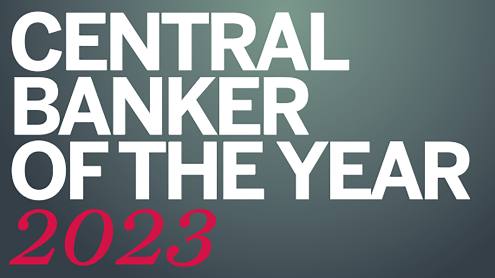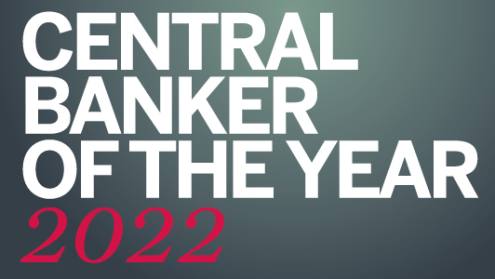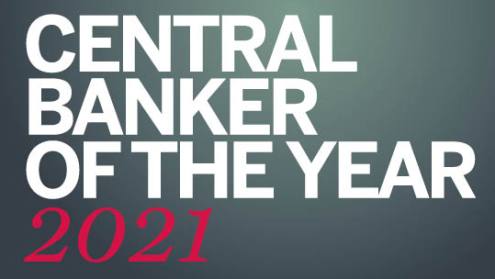|
| Central Banker of the Year/Global & Africa Dr Caleb M Fundanga, Governor Bank of Zambia |
It has been an exciting time to head up the Bank of Zambia, the country’s central bank. Comprehensive debt relief plus soaring copper prices (the country is the fourth largest producer in the world) have transformed the prospects of this $12.1bn economy, attracting a surge of portfolio investment.
The problem is, with the local currency, the kwacha, strengthening, domestic exporters are crying foul, having watched their competitiveness steadily erode.
Yet Dr Caleb Fundanga, governor of the Bank of Zambia, remains serenely unperturbed by it all. “In reality, some will be happy with the direction of the currency and others will be not,” he says. “A stronger kwacha cushioned Zambia from high oil prices and others benefited from lower import prices.
“We would have had more problems with a fixed exchange rate than a free- floating one. We are teaching people how to live with the market, and are looking at various hedging instruments to minimise the risks to businesses,” he says.
The governor would prefer productivity improvements to boost competitiveness rather than targeting a specific level for the currency. His primary concern is to smooth out volatility.
Since the middle of 2006, the kwacha first softened on the back of deteriorating emerging market sentiment, steadied, lost some ground again in the lead up to national elections and has since hung on to gains.
The combination of debt relief, prudent fiscal policy and inflation slowing to single digits for the first time in decades has lured foreign portfolio inflows, attracted by yields on short-term government securities that were exceeding 30%. Stiff demand pushed yields as low as 6%, prompting worries that Zambia was vulnerable to a sudden flight of this “hot money” if sentiment changed.
But Mr Fundanga has kept a cool head throughout. He cites double-digit growth of non-traditional (non-copper) exports as a sign that Zambia is not a mono-economy, dependent only on the price of copper.
He knows that economic diversification – and establishing the perception of diversification – is crucial to insulating Zambia from economic shocks.
Given favourable economic conditions in Zambia, Mr Fundanga informed The Banker the country would likely seek a credit rating with a view to issuing an inaugural sovereign bond. “This would not be for government fundraising but rather to assist the private sector by providing benchmark pricing,” he says.
Since president Levy Mwanawasa was re-elected in September last year, there has been growing pressure to increase government spending on the poor. If so, it is likely government yields will rise, possibly triggering some volatility in portfolio flows.
Mr Fundanga’s unflappable attitude is the perfect antidote to such capriciousness.












